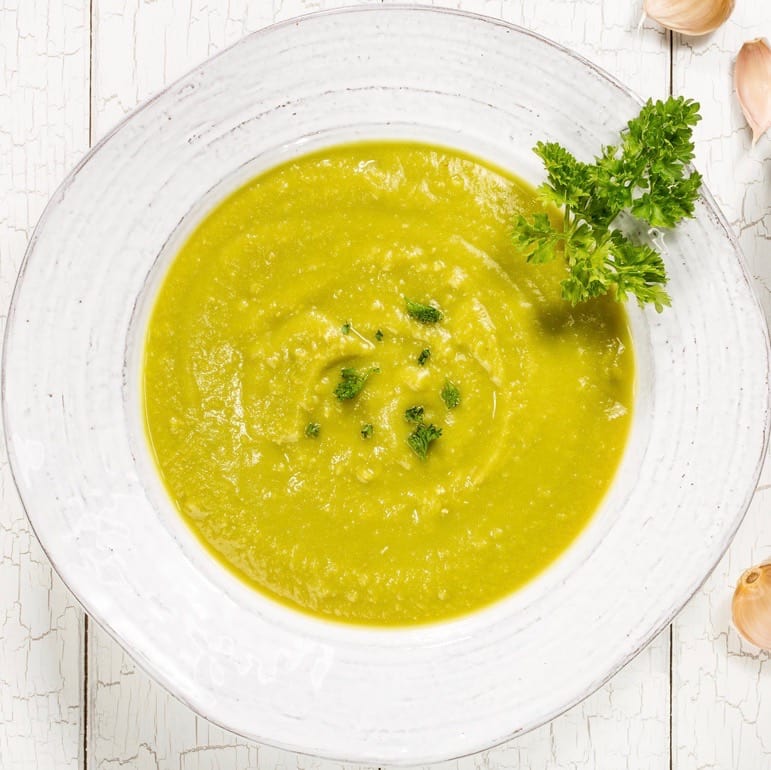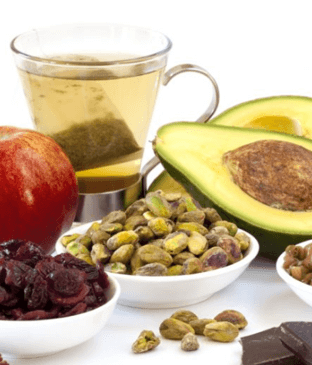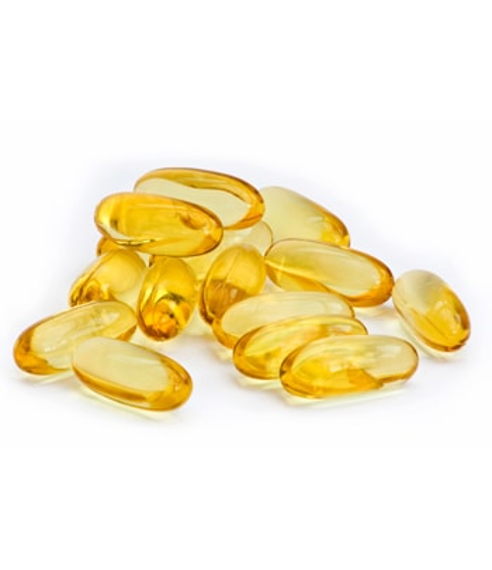Most people realize that a fish meal, well prepared, is a healthy choice. At the same time, fish oil is the #1 supplement in the U.S. That begs the question: is the whole fish better than the sum of its (oily) parts?
The argument for fish oil supplements is enticing. Fish oil is highly concentrated in the most easily metabolized Omega-3s, EPA and DHA. These high-octane fats have impressive credentials: in addition to being potent anti-inflammatory agents, they lower blood pressure, cut triglycerides and thin the blood, making it less likely to clot. Side effects can include stomach upset and easy bruising.
Early studies of fish oil were promising, showing more there than a 50% reduction in “sudden death” in one highly publicized study from 2002. Curiously, more recent studies have consistently come up flat with no heart benefit shown from fish oil pills. The reasons for negative results in the later studies is unclear, but likely include the fact that people have added more fish to their diet over the years, thereby blunting the impact of added fish oil. In addition, many of the later fish oil studies used doses that were too low.
Then what about fish? The data for adding fish to the diet is pretty convincing—especially when eaten in place of meat. A recent Adventist study of survival associated with various eating patterns showed the lowest death rate of all was among vegetarians who add fish to their diet (19% advantage over non-vegetarians, 4% improvement over vegans).
Fish and Brain Health
A provocative study uncovered a possible relationship between fish meals and brain health. The study showed a significantly decreased risk of Alzheimer’s disease in those who ate at least one fish meal every week, but benefit was confined to the roughly 25% of participants who had a genetic marker linked to Alzheimer’s disease.
There are likely many reasons why eating fish promotes health, but Omega-3 content is undoubtedly high on the list. And when it comes to Omega-3, not all fish are created equally. Salmon has the very highest amount of Omega-3; the next closest competitors (trout and snapper) have about half as much. Albacore or “white” tuna is rich in Omega-3 but also has a high toxin level. Skipjack or “light” tuna, is lower in Omega-3, but has far fewer toxins than albacore and, therefore, is a better choice. Poor tilapia has almost no Omega-3.
Bottom Line: Fish vs. Fish Oil
For Prevention of Heart Disease
Fish wins. Future studies may define the ideal dose and genetic profile of people likely to benefit from fish oil supplements, but for now, focus on fish meals.
The ideal plan is to eat at least two fish meals per week: best choices are wild salmon, trout, snapper, and skipjack tuna. Check out the Monterey Bay Aquarium Seafood website for more information about important sustainability concerns (see the link at the end of this article).
Only consider fish oil if you don’t or can’t eat two fish meals per week. Most prevention guidelines call for about 1,000 mg EPA + DPA per day. That is NOT the same as a fish oil pill that claims to have 1,000 mg of fish oil, because much of the oil is inactive. You need to look at the back of the bottle, and examine the EPA and DPA content to see how many pills would be required to add up to a total of 1,000 mg combined EPA and DHA. As always, check with your health care professional before beginning any supplement.
For Inflammatory Conditions, Very High Triglycerides, and Mental Health
Fish oil best (added to fish meals):
- A variety of inflammatory problems (including arthritis) may be helped in some people by high doses of Omega-3s, only achieved through supplementation with pills.
- Very high levels of triglycerides in the blood (>500 mg/dL while fasting) can be lowered by as much as 50% with high doses of fish oil.
- Fish oil supplements has been helpful in some people battling depression, anxiety and attention disorders. As always, check with your healthcare professional before making any changes to your medical program.
What Can Vegans Do About Omega-3?
Regardless of the benefits, fish and fish oil are not absolutely essential for good health.
Plant forms of Omega-3, although not as efficiently used by the body as DHA and EPA from fish, are excellent alternatives that should be especially emphasized in a vegan diet. Foods rich in plant Omega-3s include flax, flax oil, walnuts, and chia seeds.
An interesting side note: fish do not “make” fish oil, but merely concentrate it from their favorite food, delectable algae. So vegans can go straight to the source, and use Omega-3 supplements obtained from algae. Vegan Omega-3 pills that contain both DHA and EPA, are now widely available.
References:
Study on Fish Oil and Heart Health
Monterey Bay Aquarium Seafood Watch
Interested in eating better for your own health?
Learn the essentials of good nutrition in our interactive, user-friendly nutrition learning program for the public.
Clinicians: Do you feel confident responding to patient questions about nutrition?
Take our award-winning condensed interactive nutrition CME—and learn what every clinician should know about nutrition.



